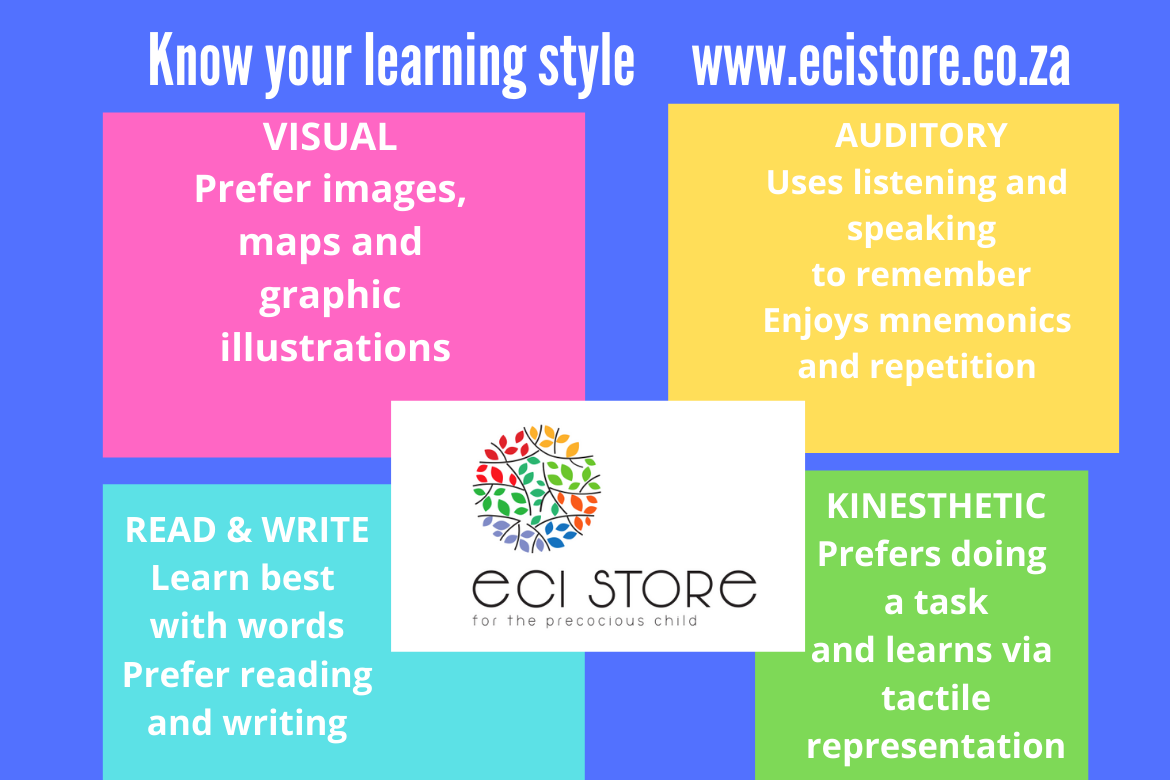THE ULTIMATE STUDY GUIDE

BY Waheeda Essop (OT)
OH NO! IT’S THAT TIME OF THE YEAR AGAIN
The 2020-year is coming to a close. But for most learners their time for winding down hasn’t quite started, with looming exams, many learners experienced gaps in their syllabus or similar hurdles, studying and preparing for their exams is a bigger challenge.
The ECI team has put together guidelines for learners to assist and negotiate the prepping-for-exams cycle, allowing ease and surety for their final examinations.
Step 1- Content Overview
Spend sufficient time reviewing the work content. In this process you need to ensure the following:
- Do you know the scope of work for each subject
- Do you have all the relevant notes?
- Do you have the required additional workbooks or past exam papers?
Step 2- Studying Approaches
Consider how to study for each subject.
Usually for Language subjects such as English and Afrikaans, one has to read various set works like prescribed novels or poetry, revise language concepts and peruse literacy notes.
For applied subjects like mathematics and physics, understanding concepts is key and the actual preparation for the exams is working out exercise questions and completing past papers. Remember to use past papers that have a memo, administer these papers formally (as you would in the actual exam) and mark them critically seeing where you went wrong
For ‘swotting’ subjects such as history and biology, a different learning approach is needed as you often need to memorise the work. Here, it is important to take note of your own personal learning style. This is discussed in more detail below.
Step 3 – Study Space
Try to keep one area allocated for studying, whether it is a study room, dining room table or a corner of your own bedroom. Keep all study materials in this space, you don’t want to have to look for things before you start, this may affect your motivation to begin. If possible choose an airy well-lit space where you will have the least distractions.
Step 4 – Study Schedule
We all know that we need that dreaded study timetable…even if it’s just to show mum and dad that we are actually studying! But having a schedule is not just about what you’re studying and when…it’s about setting specific goals for subjects and keeping a tab on yourself. So be sure to set a realistic practical timetable with your fearful subjects first and tackling the subjects with more content, earlier on.
Step 5 – Know your Learning Style!!
We all have a preferred method of study, however knowing your preferred style allows you to make the most of your skills to learn effectively.
So what are the types of learning styles?
VISUAL LEARNER
- You learn best by seeing
- You prefer using study overviews, graphs or graphic illustrations
- You enjoy mind maps
- You listen adequately in class, but you need to see graphic notes to remember the work
AUDITORY LEARNER
- You learn best by hearing and listening
- You absorb most of your work by listening to the teacher or in study groups
- You prefer talking or explaining work when you study
- You make use of repetition and enjoy using mnemonics to help you study
READ AND WRITE
- You learn best by reading and writing
- You use words to learn
- You are usually a copious note taker or avid reader
KINESTHETIC
- You learn best by doing a task
- You learn with tactile representation
- You figure things out by using your hands
Not sure of your learning style? Complete this quiz and find out:
https://www.how-to-study.com/learning-style-assessment/
With learning styles, individuals do not usually fall into one single category and likely overlap with other styles. Whatever style dominates your learning should however, be used in an effective manner maximising your knowledge output. 
INTERESTING FACT: Value of a FIDGET TOY
Think of your movements during study sessions, do you play with your pencil or doodle on your page? When we study our brain is discharging impulses and making many connections. Some of these impulses do not always reach the desired area, resulting in excess energy with restlessness in our extremities. Using a fidget toy directs excess brain energy to an object, allowing better focus on more important tasks. This is how it assists with focus and concentration during studying!
Step 5 – Life still goes on…
Studying time need not be seen as the ultimate confined sentence. Give yourself time for relaxation, sports activities or some form of social interaction. As individuals, no matter how disciplined we are, we all need motivation and a bit of me-time to keep us balanced. These activities also fend off anxiety, as examinations get closer. Remember to reach out if you feel that your mental well-being is in need of support.
So take regular breaks, include fun activities and avoid becoming a recluse. Whether its video calls, a coffee meet-up or just chilling in the sun. Also remember that physical activity clears the mind and improves focus and attention…so where possible, go for a run or have a workout…the results will astonish you!

